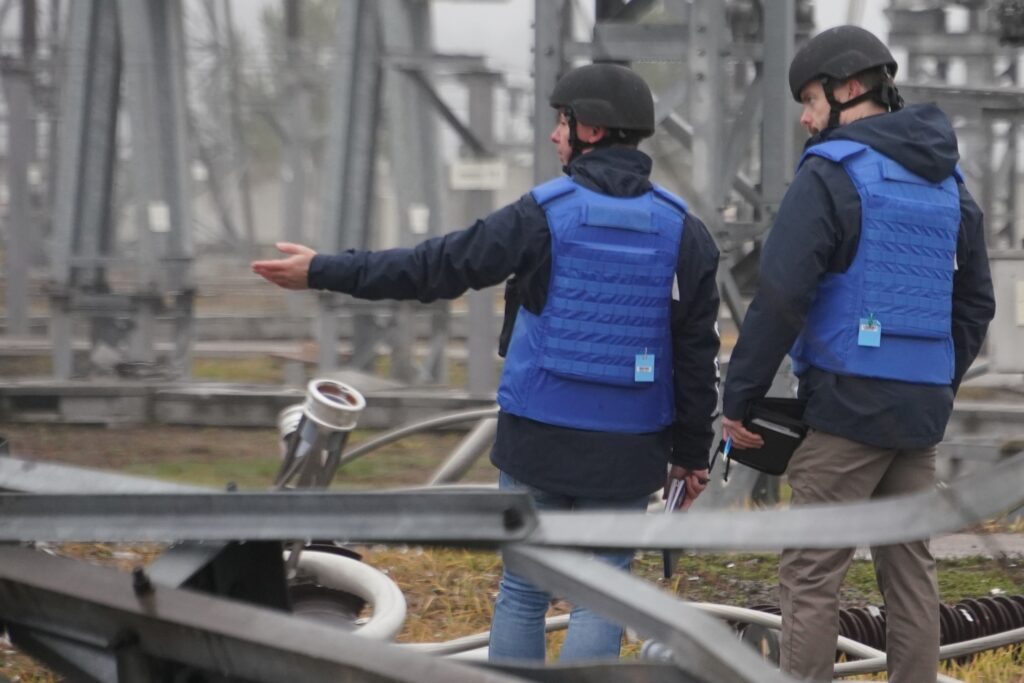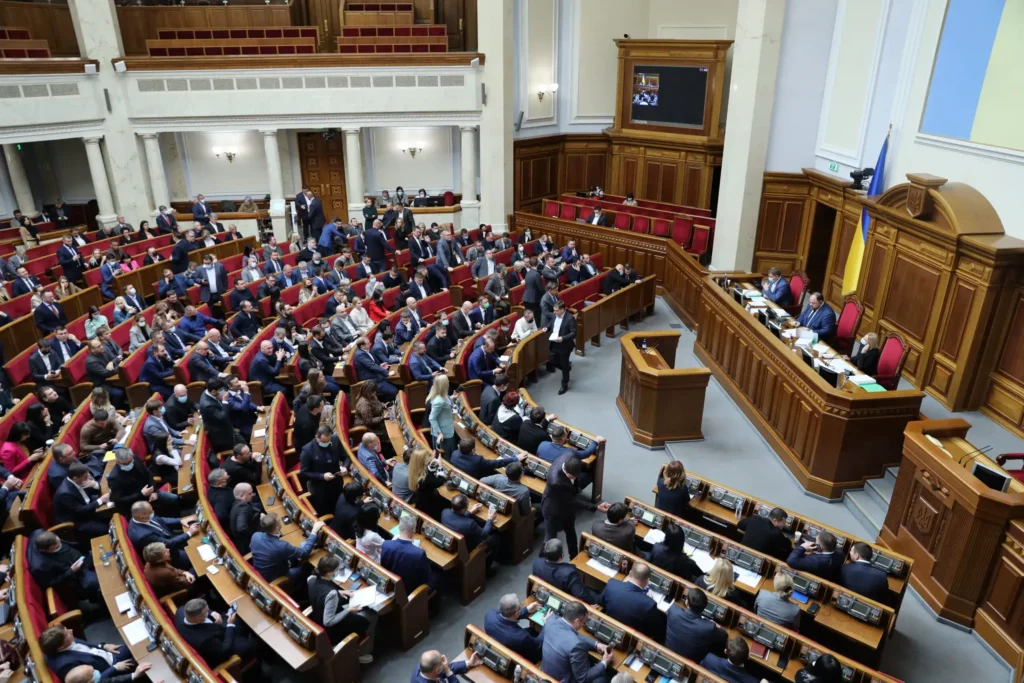The Nobel Prize has put the United States and India at odds: Modi doesn’t recognize Trump’s merits in Pakistan settlement
31 August 07:02
The New York Times reported a sharp deterioration in relations between Narendra Modi and Donald Trump. The reason for this was a June telephone conversation during which the US president hinted to the Indian prime minister that he might support his candidacy for the Nobel Peace Prize. Modi refused to recognize the role of the United States in resolving the conflict with Pakistan, which caused an aggravation in bilateral relations and affected trade and diplomatic contacts.
This was reported by "Komersant Ukrainian".
The June conversation between Donald Trump and Narendra Modi was part of a wider chain of events: in the spring, there was a sharp escalation in Kashmir with casualties and the exchange of strikes, Trump took on the role of mediator and declared a ceasefire, New Delhi disagreed, and in the summer, the escalation was complemented by oil trading. These episodes are closely linked to the US president’s personal ambitions to win international recognition in the form of the Nobel Peace Prize and India’s refusal to recognize external mediation in its disputes with Pakistan.
A hint of a Nobel Prize
According to the NYT, the June 17 phone call lasted about 35 minutes. Trump then reiterated that it was he who prevented a military clash between India and Pakistan and noted that Pakistan was ready to nominate him for the Nobel Peace Prize. The hint, according to the NYT, was obvious: Modi should also support this initiative.
The Indian prime minister reacted harshly, emphasizing that the ceasefire was the result of direct cooperation between New Delhi and Islamabad.
According to the newspaper’s sources, it was Modi’s opinion and his refusal to discuss the Nobel Prize that became a turning point in relations between the leaders of India and the United States.
During the same call, Trump invited Modi to come to Washington after the G7 summit in Canada, but he refused, citing a planned visit to Europe.
The White House has not confirmed the conversation, and Trump has not mentioned it in public statements. Since then, personal contacts between Modi and Trump have not resumed, despite several attempts by Washington to organize a new conversation. Indian officials feared that the content of the conversations would be distorted and used by Trump in his public statements.
Trump himself canceled his visit to India for the Quad summit. Despite having previously agreed to come to New Delhi at the end of 2025, NYT sources said that the US president had abandoned these plans. The move was another indication of the cooling and distrust that followed the June phone call.
The May escalation between India and Pakistan
The conflict between India and Pakistan flared up in May after a terrorist attack that killed 26 people in the Indian part of Kashmir. For four days, the parties exchanged air strikes, rocket and artillery fire. on May 10, a ceasefire was announced.
Trump publicly credited Washington with the settlement, being the first to announce a “complete and immediate ceasefire” in Kashmir on social media.
The US president claimed that he had threatened both sides with economic measures if they did not stop the fighting. However, New Delhi said that the truce was reached through direct contacts between the militaries of India and Pakistan, without US mediation. India’s Foreign Ministry separately stated that the country “does not accept and will never accept mediation” in the settlement with Pakistan.
After this episode, the Indian authorities began to criticize Trump’s public statements about his role in “settling the war.” According to experts, the American president’s attempt to link the conflict resolution to his own efforts was perceived in New Delhi as a threat to India’s national pride and foreign policy independence.









